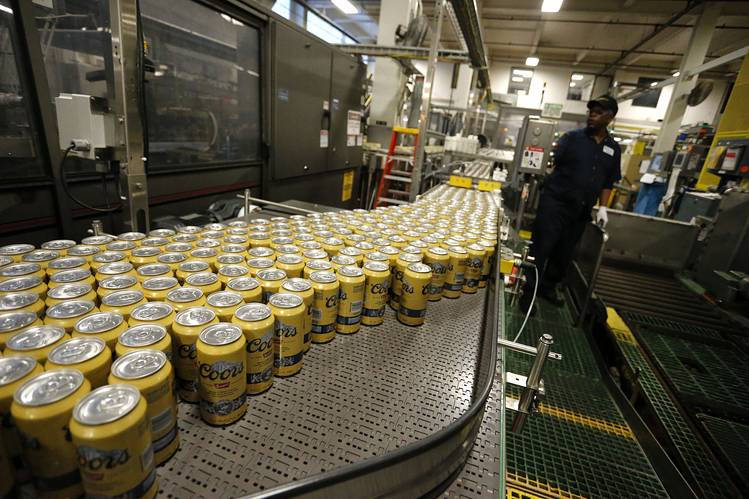Convenience foods have become an integral part of modern lifestyles, offering quick and easy meal solutions for busy individuals. While they provide convenience and time-saving benefits, it is essential to understand both the advantages and disadvantages they bring to the table. In this article, we will delve into two advantages and two disadvantages of using convenience foods, shedding light on their impact on health, nutrition, and overall well-being.
Advantages of Using Convenience Foods:
- Time-Saving Convenience:
One of the primary advantages of convenience foods is their ability to save time. In today's fast-paced world, where time is a precious commodity, these foods offer a quick and effortless solution for meal preparation. With pre-packaged ingredients and ready-to-eat options, convenience foods eliminate the need for extensive cooking and preparation time. This advantage is particularly beneficial for individuals with busy schedules, allowing them to enjoy a meal without sacrificing valuable time. - Extended Shelf Life and Reduced Food Waste:
Convenience foods often undergo processing techniques such as canning, freezing, or dehydration, which significantly extend their shelf life. This advantage helps reduce food waste by preventing spoilage and allows consumers to stock up on essential items without worrying about immediate consumption. Additionally, the packaging of convenience foods often includes portion control, minimizing the risk of overbuying or excessive food waste.
Disadvantages of Using Convenience Foods:
- Nutritional Concerns:
While convenience foods offer convenience, they often fall short in terms of nutritional value. Many processed convenience foods contain high levels of added sugars, unhealthy fats, sodium, and artificial additives. Regular consumption of such foods can contribute to an imbalanced diet, leading to health issues like obesity, heart disease, and diabetes. It is crucial for individuals relying on convenience foods to carefully read labels, opt for healthier alternatives, and incorporate fresh, whole foods into their diets whenever possible. - Cost Considerations:
Although convenience foods provide time-saving benefits, they can be more expensive compared to cooking meals from scratch using fresh ingredients. The convenience factor and additional processing involved in manufacturing these foods often result in higher prices. Individuals on a tight budget may find it challenging to sustain a diet heavily reliant on convenience foods. Balancing convenience with cost-effectiveness is essential to ensure a well-rounded and affordable approach to meal planning.
Conclusion:
Convenience foods offer undeniable advantages in terms of time-saving convenience and extended shelf life, making them a popular choice for many individuals. However, it is crucial to be aware of the potential disadvantages, such as nutritional concerns and higher costs. By understanding these pros and cons, consumers can make informed decisions about incorporating convenience foods into their diets while prioritizing health and overall well-being. Striking a balance between convenience and nutrition is key to maintaining a healthy lifestyle in today's fast-paced world.



